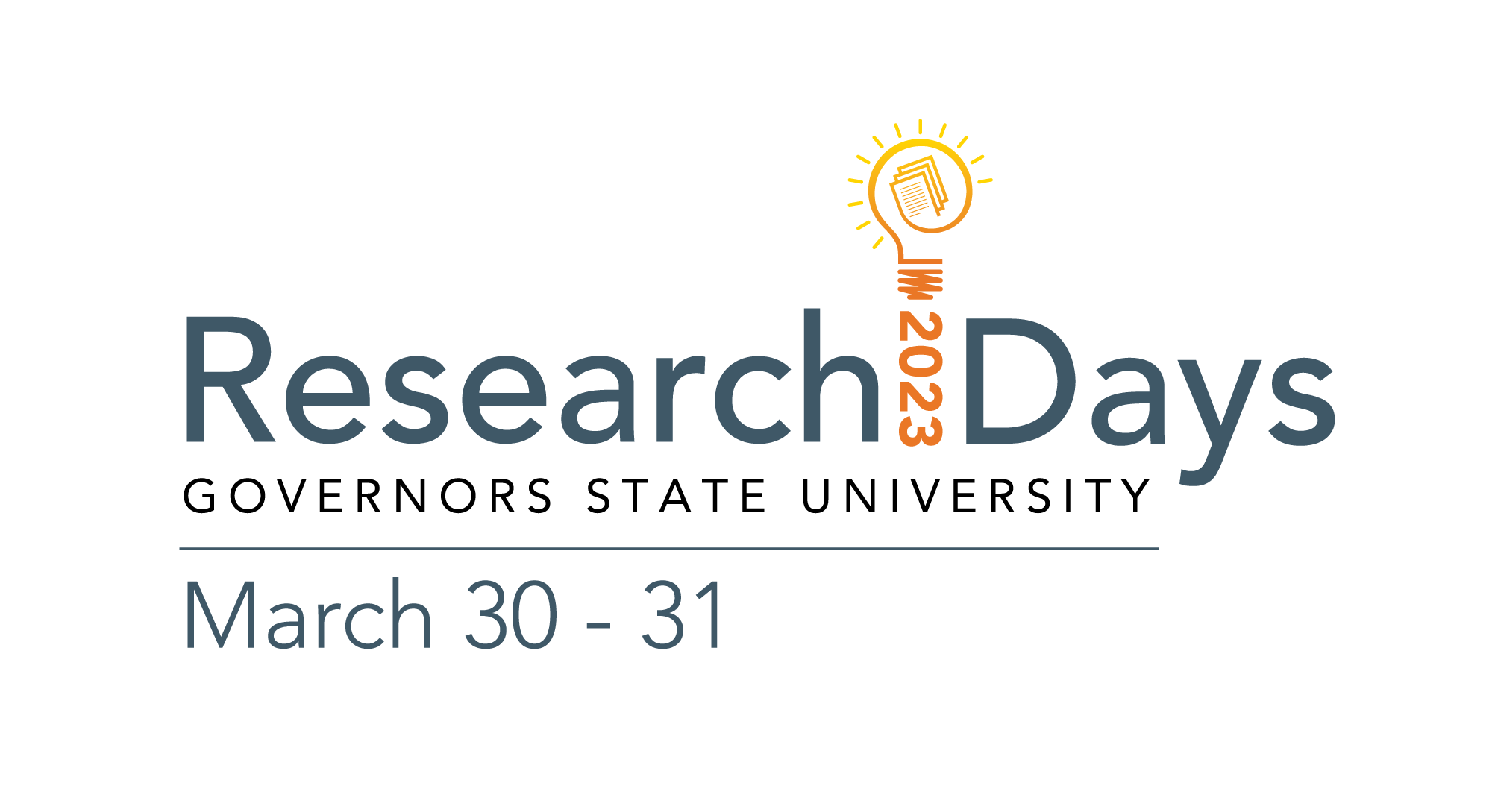
Research Days 2023 - On Demand Presentations
Type of Presentation
Poster Session
Location
On Demand
Abstract
This poster presentation shares results of a large-scale, collaborative, cross-cultural study that examined the role of the humane orientation (HO) as a moderator of the relationships between work- and family-related support, work-family conflict, and work-family positive spillover. For this study, I had the privilege of working with principal investigators Barbara, Beham from Berlin School of Economics and Law, Germany; Ariane, Ollier-Malaterre from Université du Québec A Montréal, Canada and Tammy D. Allen from University of South Florida, United States. The study sample comprised of 10,307 participants from 30 countries in 5 continents My role as collaborator involved responsibility for gathering data from participants in India. The study was unique in that it aimed to study work-family issues in understudied regions of the world. It went beyond the common `individualism/collectivism’ cultural value by exploring the overlooked value of humane orientation (the extent to which a society encourages and rewards individuals for being fair, altruistic and friendly). Results of the study indicated that when it came to work-family conflict, humane orientation played mostly a compensatory role in the relationships between workplace supports and work-to-family conflict, being most strongly related to conflict in cultures where it was needed most (i.e., lower HO cultures). When it came to work-family positive spillover, HO played mostly an amplifying role being more strongly related to work-family positive spillover in cultures where it was natural to be helpful (higher HO cultures). A paper based on results from the study has been accepted for publication in Journal of Applied Psychology (forthcoming). © 2023, American Psychological Association. This paper is not the copy of record and may not exactly replicate the final, authoritative version of the article. Please do not copy or cite without authors' permission. The final article will be available, upon publication, via its DOI: 10.1037/apl0001093
Identify Grant
University Research Grant titled, "International Study of Work and Family"
(Project number #17-11-06)
Presentation File
wf_yes
Included in
Role of Humane Orientation in Work Family Conflict and Work Family Positive Spillover: Results from a Cross Cultural Study
On Demand
This poster presentation shares results of a large-scale, collaborative, cross-cultural study that examined the role of the humane orientation (HO) as a moderator of the relationships between work- and family-related support, work-family conflict, and work-family positive spillover. For this study, I had the privilege of working with principal investigators Barbara, Beham from Berlin School of Economics and Law, Germany; Ariane, Ollier-Malaterre from Université du Québec A Montréal, Canada and Tammy D. Allen from University of South Florida, United States. The study sample comprised of 10,307 participants from 30 countries in 5 continents My role as collaborator involved responsibility for gathering data from participants in India. The study was unique in that it aimed to study work-family issues in understudied regions of the world. It went beyond the common `individualism/collectivism’ cultural value by exploring the overlooked value of humane orientation (the extent to which a society encourages and rewards individuals for being fair, altruistic and friendly). Results of the study indicated that when it came to work-family conflict, humane orientation played mostly a compensatory role in the relationships between workplace supports and work-to-family conflict, being most strongly related to conflict in cultures where it was needed most (i.e., lower HO cultures). When it came to work-family positive spillover, HO played mostly an amplifying role being more strongly related to work-family positive spillover in cultures where it was natural to be helpful (higher HO cultures). A paper based on results from the study has been accepted for publication in Journal of Applied Psychology (forthcoming). © 2023, American Psychological Association. This paper is not the copy of record and may not exactly replicate the final, authoritative version of the article. Please do not copy or cite without authors' permission. The final article will be available, upon publication, via its DOI: 10.1037/apl0001093
